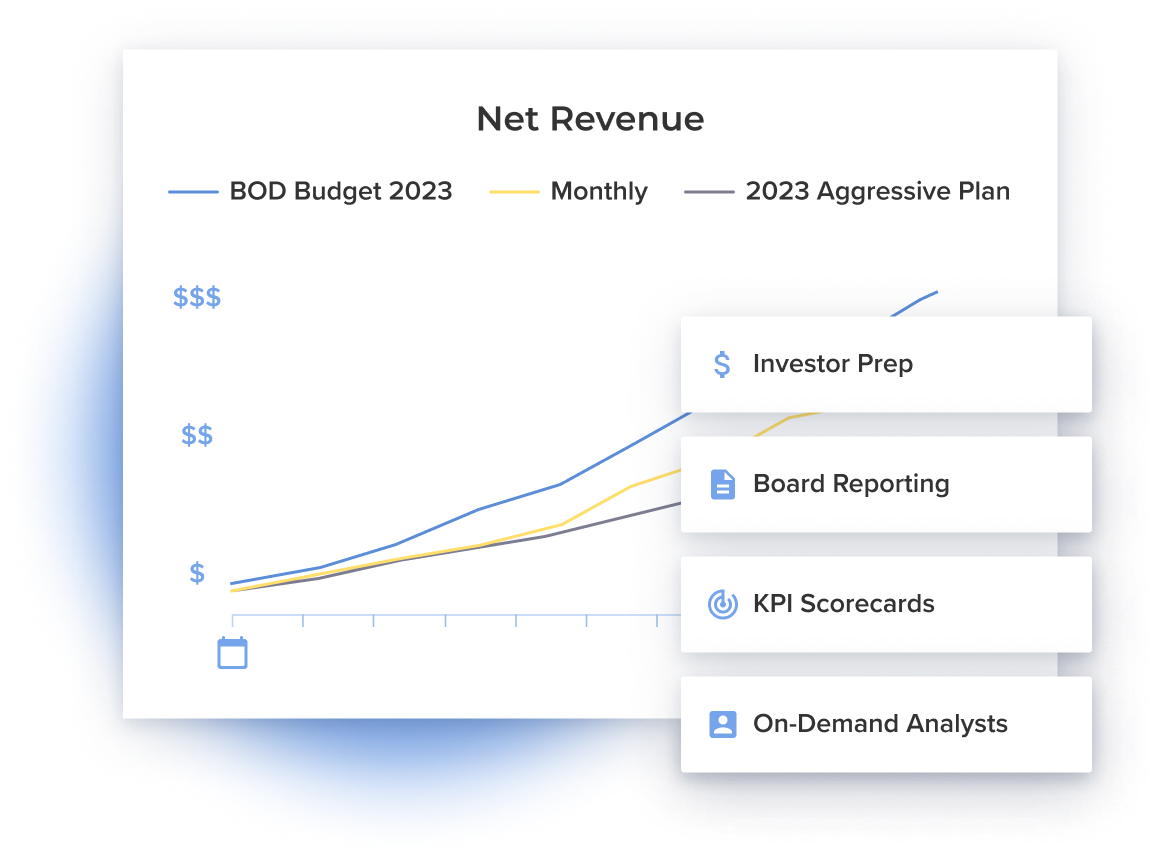Growth Capital & Non-Traditional Investors
Growth Capital & Non-Traditional Investors
There is a class of mega-funds, often global in scale, who are now doing deals that used to be the domain of VC firms. These funds include Tiger, DST, Softbank, Wellington, and Fidelity. They measure Assets Under Management (AUM) in the hundreds of billions and are often focused on later-stage, mega-sized private companies. Recently, some have started chasing earlier-stage deals.
Pros
- Money. Lots of it.
- Bigger valuations.
- With non-traditional investors, deal terms are clean and more flexible than what you get with VCs. Two-page term sheets are not uncommon.
- Little due diligence. There’s a saying that deals are never done until funded. VC’s can use due diligence to lock up a company and then decide through more thorough investigation whether to do the deal or not. Non-traditional investors move quickly. So, not only are you more likely to close, you waste less time and effort.
- Non-traditional investors offer good support for eventually going public. These funds know the public markets well and their stamp of approval and help in the IPO process can be valuable.
- Often don’t take board seats or even observer seats.
Cons
- Beware of the terms offered with non-traditional investors. These are big players on Wall Street and have the mindset and law firms to match. They can be ruthless at times. Fortunately the trend is towards vanilla and clean terms, but get a good lawyer in advance.
- Unicorn valuations can come with drawbacks. High valuations mean ever higher bars to clear as you look for more capital.
- It’s unclear how committed to the asset class these funds are. Follow-on capital may be difficult if the fund changes their priorities a few years down the line.
Best For
- Companies looking for big checks, unicorn status, and eventual multi-billion dollar public exits.
Pairs With:
- Sponsor-focused banks
- Credit funds (they often have their own credit funds in-house)



